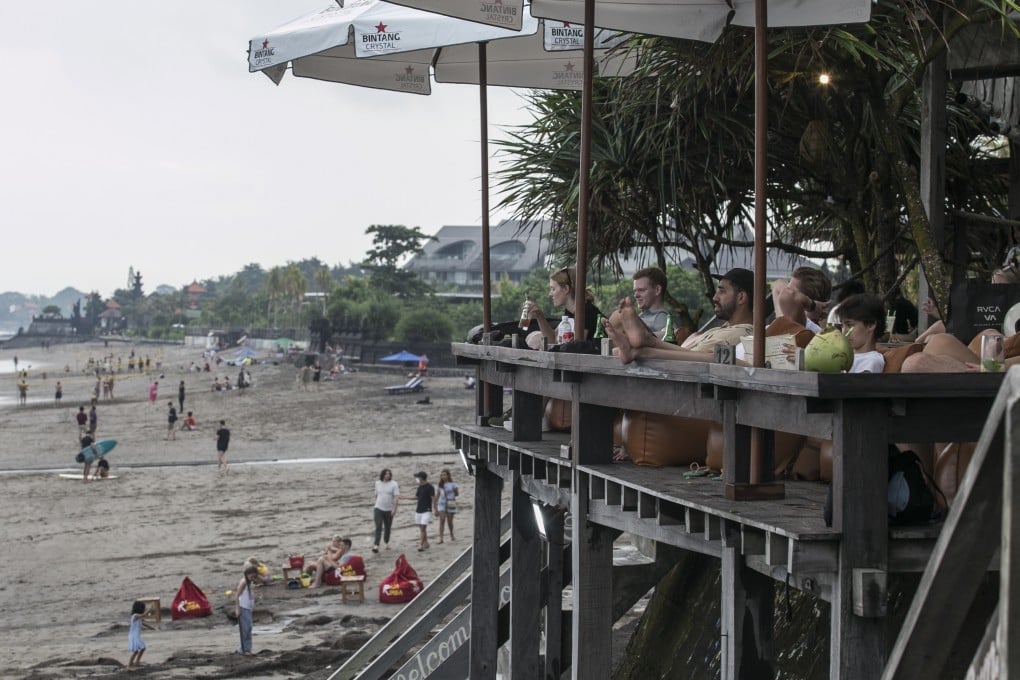Overrun by hotels, resorts, bars, Bali’s new travel hotspots fall one by one to uncontrolled development on west coast
- First Canggu, then Pererenan, now Seseh: once peaceful paradises on Bali’s west coast are no more, inundated by buildings that frequently flout regulations
- While some locals benefit from leasing land to developers, others have resigned themselves to the inevitability of more unspoilt areas being, well, spoilt

The year is 2010. Canggu, a collection of eight beachside villages on Bali’s southwest coast, is gaining popularity among surfers and millennial tourists.
There are a few cafes and surfboard shops on Batu Belig, the main road, but otherwise it looks like any other neighbourhood in Bali. Hindu temples and shrines draped in prayer flags are omnipresent. Rice fields stretch to the horizon, where the outlines of distant volcanoes hover like ancient ghosts.
Down on the beach, there are two or three warungs, cheap restaurants made almost entirely of driftwood, where surfers fill up on fried rice and sip Bintang beers when not braving the waves.
Fast-forward 10 years. Canggu is now the epicentre of tourism in Bali and practically unrecognisable from its former self. The rice fields edging Batu Bolong are long gone, replaced by a conga-line of smoothie bars, nightclubs, waxing salons, boutiques and multistorey hotels.

Heavily tattooed tourists on motorbikes with loud exhausts tear down the strip, honking their horns at scantily clad women navigating their way along broken, rubbish-strewn footpaths. The once pristine coastline is lined with businesses, including a colossal beach club called Finns, which received 750,000 visitors in 2019 and was on track to host more than a million in 2020, before the pandemic hit.
“In the past few years there’s been crazy development that’s not necessarily respectful of environmental law,” says Lucienne Anhar, managing director of Hotel Tugu Bali, whose father built the property in compliance with a 100-metre coastal setback law only to see a row of illegal bars block its access to the beach. “Anyone can build anything. It’s almost like that,” she says.
